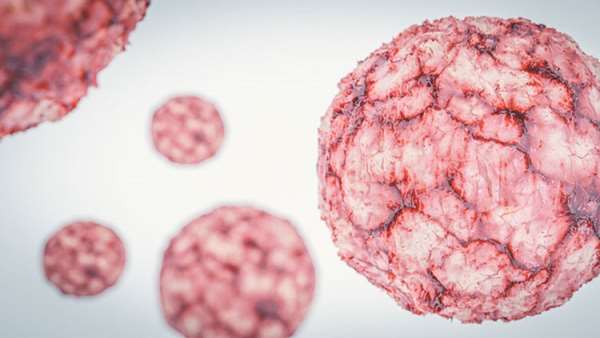Autologous stem cell transplant may aid some with nodal PTCL
Autologous stem cell transplantation (ASCT) may be beneficial for some patients with nodal peripheral T-cell lymphoma (PTCL) in the first complete remission (CR1), according to a study published online Jan. 29 in Cancer.
Autologous stem cell transplantation (ASCT) may be beneficial for some patients with nodal peripheral T-cell lymphoma (PTCL) in the first complete remission (CR1), according to a study published online Jan. 29 in Cancer.
Steven I. Park, M.D., from the Levine Cancer institute in Charlotte, North Carolina, and colleagues prospectively enrolled patients with newly diagnosed, histologically confirmed, aggressive PTCL in a cohort study and included those with CR1 in this analysis. Data were included for 213 patients with PTCL who achieved CR1, 119 of whom had nodal PTCL. Overall, 83 patients did not undergo ASCT and 36 underwent consolidative ASCT in CR1.
The researchers found that at a median follow-up of 2.8 years, the median overall survival was not reached for the entire cohort of patients who received ASCT compared with 57.6 months for those who did not receive ASCT (P = 0.06). There was a correlation for ASCT with superior survival for patients with advanced-stage disease or intermediate-to-high International Prognostic Index scores. For angioimmunoblastic T-cell lymphoma, but not for other PTCL subtypes, patients receiving ASCT had significantly improved overall and progression-free survival than those who did not receive ASCT. In multivariable analysis, ASCT was independently associated with improved overall survival (hazard ratio, 0.37).
"These results are of high clinical interest because they provide further guidance for the use of ASCT in patients with nodal PTCL," the authors write.
Several authors disclosed financial ties to pharmaceutical companies, including Spectrum Pharmaceuticals, which funded the study.
Reference:https://doi.org/10.1002/cncr.31861





ارسال به دوستان